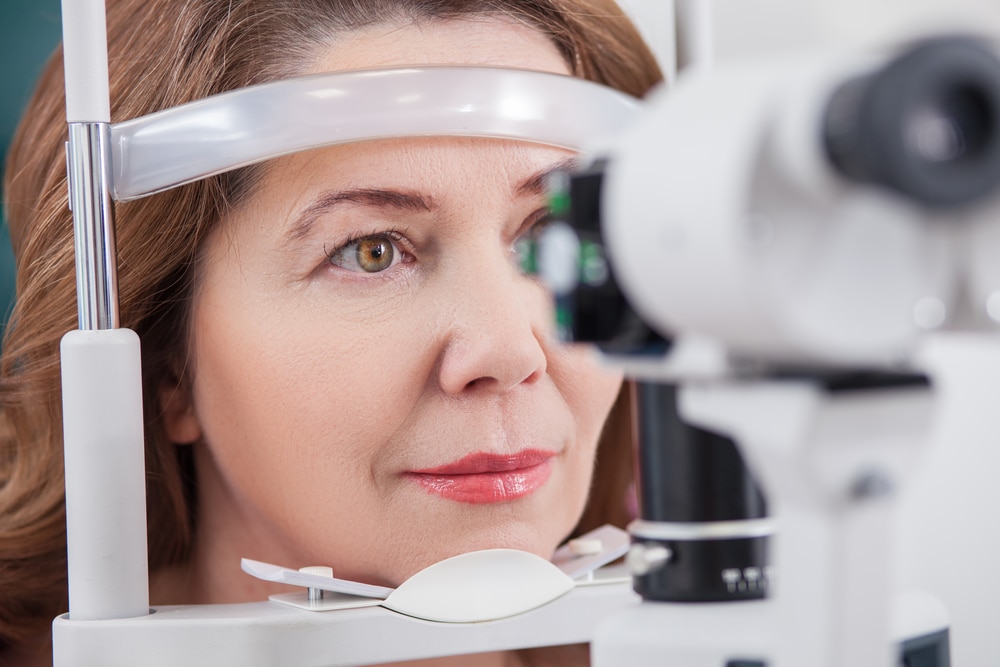
What is OHS?
Ocular Histoplasmosis Syndrome (OHS) is one of the causes for visual impairment in the eastern and central parts of the United States. This syndrome is correlated with exposure to the fungus Histoplasma capsulatum. This fungus is found in areas where there is an accumulation of bird and/or bat droppings. Exposure to the fungus can cause mild flu or cold-like symptoms. The body typically naturally fights off the infection within a few days of exposure even without treatment. People who have been exposed to this fungus occasionally develop ocular histoplasmosis. This syndrome is not an active infection as the fungus is not found in the eye but considered an immune reaction to the fungus. Generally, this syndrome does not affect vision however rarely this condition may affect central vision and need treatment.
Symptoms of OHS?
OHS can start to impair your vision, some symptoms of OHS are:
- Blank spots in your vision
- Distorted vision
- Change in color perception
- Central light flashes or flickering
Who is at Risk for OHS?
People who live or have lived in Ohio and the states in the Mississippi River Valley are at a higher risk. These people are more likely to be exposed to the fungus that causes histoplasmosis. Few people go one to develop OHS or even know that they have histoplasmosis. It is important to watch for changes in vision that could be signals of this condition.
How to Treat OHS?
Your ophthalmologist will examine your eyes to look for any signs of histoplasmosis. In particular, they will be looking for histo spots and swelling of the retina. If OHS has been found, then they will start treatment. Depending on your concerns, stage of OHS, and lifestyle there are a few different treatment options available.
- Anti-VEGF Treatment: The chemical known as vascular endothelial growth factor causes abnormal blood vessels to grow under the retina. One method of treating OHS is to target VEGF. This helps to slow vision loss. The ophthalmologist injects the anti-VGEF into the eye.
- Laser Treatment: The laser beam targets the abnormal blood vessels in the retina that are causing vision loss.
At a consultation with your eye care specialist at Boston Vision, we will discuss your treatment options and which one will work best for you.
Schedule a Consultation
If you notice any signs or symptoms of Ocular Histoplasmosis Syndrome, then schedule a consultation with a Boston Vision specialist. To schedule your appointment, book online with us or email us at help@bostonvision.com to get started.





